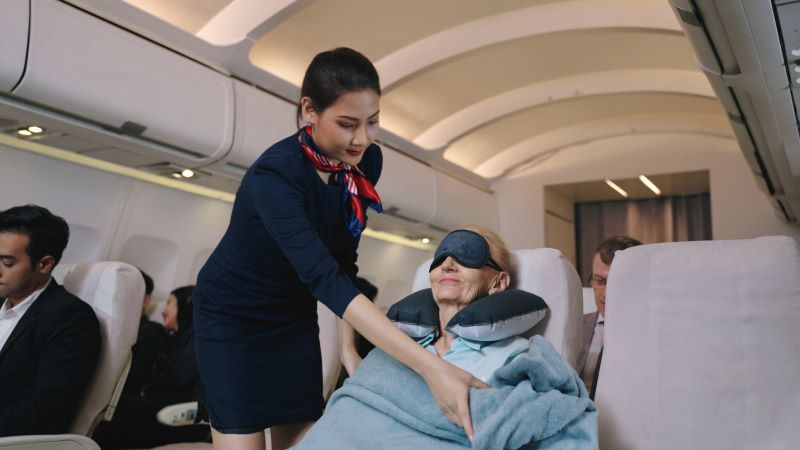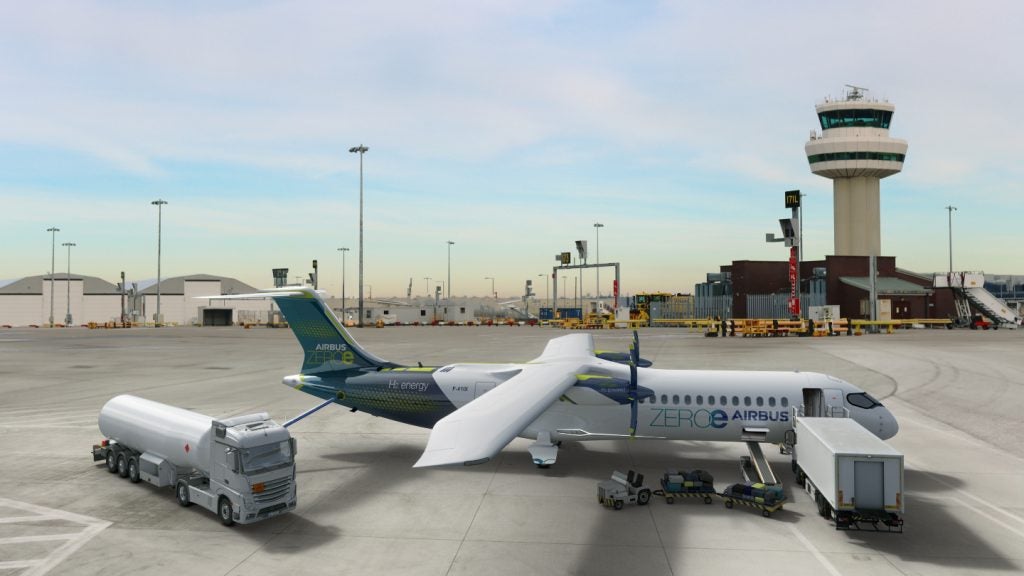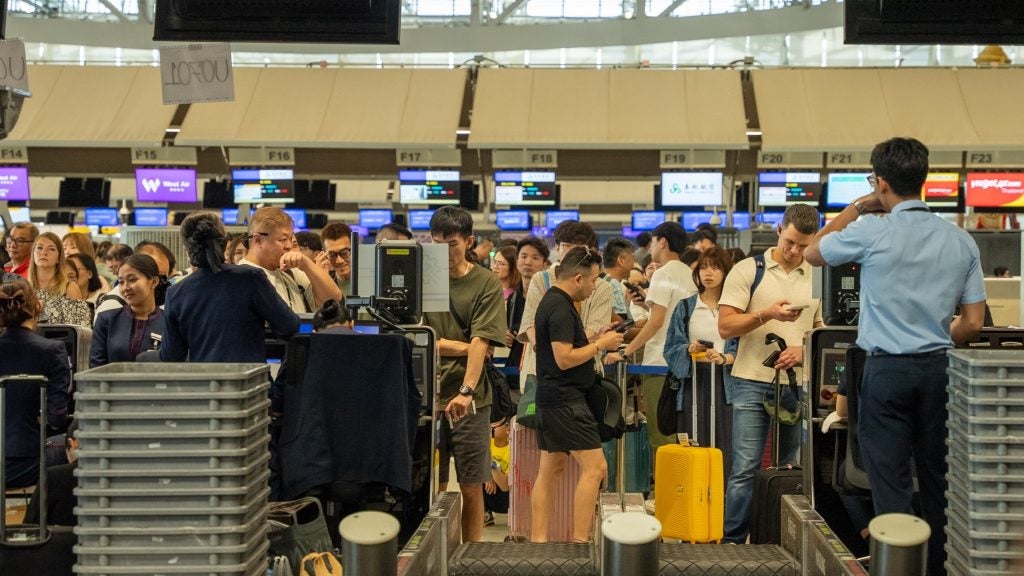As Qantas announced its intention to operate the world’s longest service from London to Sydney in 2025, the Australian flag carrier also revealed plans for a ‘wellbeing zone’ onboard the aircraft. The development could be an industry gamechanger as full-service carriers look to differentiate themselves from growing competition from low-cost carriers (LCCs) on long-haul routes.
In-flight wellness has been a growing trend in recent years
Qantas’s wellbeing zone extends additional product developments made by several other airlines in recent years, which have targeted health and wellbeing as part of the in-flight experience. Airlines have partnered with various companies in the health and wellness space. These service enhancements have included mood lighting, wellness cuisines, meditation techniques, and stretching exercises. However, Qantas’ wellness zone aims to take this even further, providing passengers with a physical place to meditate, stretch, and relax. Furthermore, the wellness zone will also offer free healthy snacks and drinks.
A chance for airlines to differentiate themselves
With the creation of more low-cost long-haul services from the likes of JetBlue, Jetstar, and Air Asia, many FSCs are finding it hard to differentiate their economy class product. Offering a wellness zone onboard amongst an additional program of in-flight mediation techniques, mood lighting, and wellness cuisine could add extra value for travellers. Inevitably, this will increase the cost per ticket due to operating costs, but many consumers are willing to pay more for products that are engaged with health and wellbeing. According to a GlobalData Q1 2021 Global Consumer Survey, 57% of respondents said that a product or service which impacts their health and wellbeing either ‘always’ or ‘often’ influences their purchase, highlighting market demand for health and wellness.
It also ties in with current consumer sentiment, with the Covid-19 pandemic playing a significant part in enhancing individuals’ awareness of their overall health and mental wellbeing. In a GlobalData Q4 2021 Global Consumer Survey, 54% of respondents said they were either ‘extremely’ or ‘quite’ concerned about their physical fitness and health. A further 48% were also ‘extremely’ or ‘quite’ concerned about their mental health. As a result, Qantas has looked at evolving its in-flight program to fit this sentiment.
The future of in-flight health and wellness
While the development of wellness zones is unlikely for short-haul routes, there will be increased engagement from many airlines within the health and wellness space regardless. LLCs are likely to continue to operate a cost-efficient service. However, some LCCs could use the current consumer sentiment to maximise profit by upselling add-on services such as healthy in-flight meals or wellness apps. In contrast, FSCs are more likely to focus on enhancing the in-flight experience in order to offer a unique alternative service to LCCs. This will also justify the additional cost for many passengers.
See Also:
Nevertheless, the wellness zone offered by Qantas is another step in the evolving nature of modern air travel. With other airlines already appearing engaged with the health and wellness sector, there will undoubtedly be further developments over the next few years.
How well do you really know your competitors?
Access the most comprehensive Company Profiles on the market, powered by GlobalData. Save hours of research. Gain competitive edge.

Thank you!
Your download email will arrive shortly
Not ready to buy yet? Download a free sample
We are confident about the unique quality of our Company Profiles. However, we want you to make the most beneficial decision for your business, so we offer a free sample that you can download by submitting the below form
By GlobalData









Related Company Profiles
Jet Star Inc
Qantas Airways
Capital A Bhd